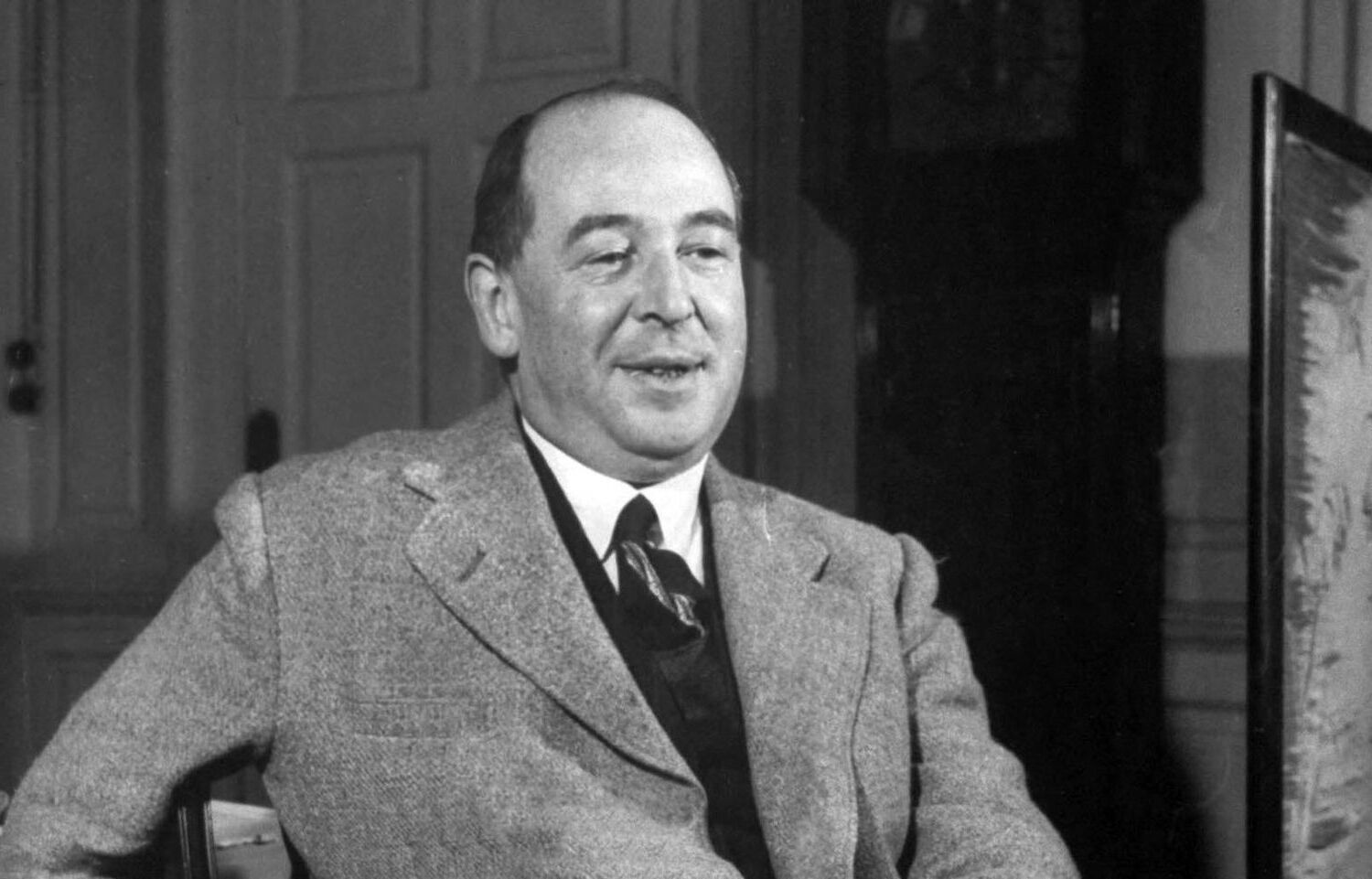
Haiti is a vibrant and culturally rich country located in the Caribbean, known for its fascinating history, stunning landscapes, and resilient people. With a unique blend of French, African, and indigenous influences, Haitian culture is captivating and diverse. From its delicious cuisine to its vibrant music and dance, Haiti has a lot to offer to both locals and visitors alike.
In this article, we will delve into 19 fascinating facts about Haiti that highlight its accomplishments, challenges, and contributions to the world. Whether you’re a fan of history, geography, or simply curious about different cultures, these facts will provide you with a deeper understanding of this beautiful Caribbean nation. So, let’s explore the captivating world of Haiti and uncover some hidden gems along the way!
Key Takeaways:
- Haiti is the first black-led republic in Latin America and the Caribbean, known for its rich Vodou tradition, vibrant music, and stunning landscapes.
- Despite facing challenges, Haitian people show resilience, celebrate their culture through art, literature, and Carnival, and have made significant contributions to history and the world.
Haiti is the First Black Republic
Haiti holds the distinction of being the first independent nation in Latin America and the Caribbean, as well as the first black-led republic. It gained its independence from France in 1804, after a successful slave revolt led by General Jean-Jacques Dessalines.
The Official Languages of Haiti
Haiti is a multilingual country with two official languages, Haitian Creole and French. While Haitian Creole is spoken by the majority of the population, French is used in government, education, and formal settings.
The Rich Haitian Vodou Tradition
Haiti is well-known for its unique religious practices influenced by African and indigenous beliefs. Vodou, also spelled Voodoo, is an important part of Haitian culture and spirituality, blending African, Catholic, and indigenous elements.
Monumental Citadelle Laferrière
Citadelle Laferrière, located in northern Haiti, is a UNESCO World Heritage Site and an impressive fortress. Constructed in the early 19th century, it stands as a testament to Haiti’s resistance against colonization and is a symbol of national pride.
Contribution to the Music World
Haiti has made significant contributions to the music world with its unique musical genres. Compas, a lively dance music style, and Rara, a vibrant street music tradition, are just a few examples of the rich musical heritage of Haiti.
Haiti’s Remarkable National Flag
The flag of Haiti, known as the “Bicolor,” features the colors blue and red, symbolizing the union of blacks and mulattoes. It was adopted in 1806 and is one of the oldest national flags in the world.
The Devastating Earthquake of 2010
In 2010, Haiti was struck by a catastrophic earthquake, one of the most powerful to hit the region in centuries. The earthquake caused immense destruction and loss of life, leaving a lasting impact on the nation.
Haitian Cuisine: A Fusion of Flavors
Haitian cuisine is a delightful fusion of African, French, and indigenous culinary traditions. Dishes like griot (fried pork), tasso (spiced turkey), and diri ak djon djon (rice cooked with black mushrooms) offer a delicious introduction to the diverse flavors of Haiti.
The Lush and Breathtaking Haitian Landscapes
Haiti is renowned for its stunning natural beauty, including picturesque beaches, lush mountains, and cascading waterfalls. Locations such as the stunning Bassin Bleu and the enchanting Labadee beach attract both locals and tourists alike.
Haitian Art: A Colorful Expression
Haiti is known for its vibrant and expressive art scene. From the intricate metalwork of the artisans in Croix-des-Bouquets to the vibrant paintings of the Cap-Haïtien school, Haitian art reflects the nation’s diverse cultural influences and creative spirit.
The Historic Iron Market
The Iron Market, or Marché en Fer, is a historic marketplace located in the heart of Haiti’s capital, Port-au-Prince. It is a bustling hub where locals and visitors can find a wide variety of goods, from spices and produce to handicrafts and artwork.
The Resilience of the Haitian People
Despite facing numerous challenges throughout its history, the Haitian people demonstrate remarkable resilience and strength. They have persevered through adversity and continue to embrace their rich cultural heritage.
Haitian Literature
Haitian literature is renowned for its poignant storytelling and lyrical prose. Writers such as Jacques Roumain, Edwidge Danticat, and Dany Laferrière have made significant contributions to the world of literature, bringing Haitian stories to a global audience.
The Haitian Carnival
The Carnival in Haiti is a vibrant and exuberant celebration held annually in February. It is a time of music, dance, colorful costumes, and lively parades, allowing Haitians to come together and celebrate their unique cultural heritage.
The Youthful Spirit of Jacmel
Jacmel, a coastal town known for its vibrant art scene, is often referred to as the cultural capital of Haiti. The annual Jacmel Carnival and the intricate papier-mâché masks created by local artisans are just some of the highlights of this lively and creative city.
The Mystical Saut-d’Eau Waterfall
Saut-d’Eau is a stunning waterfall located in central Haiti. It holds great significance in Haitian Vodou culture and is the site of an annual pilgrimage in July, where devotees gather to seek blessings and spiritual healing.
The Influential Haitian Revolution
The Haitian Revolution, spanning from 1791 to 1804, was a groundbreaking event in history. It was the first successful slave revolt, leading to the abolition of slavery in Haiti and inspiring liberation movements worldwide.
The World-Famous Mount Pic Macaya
Mount Pic Macaya is part of the larger Massif de la Hotte mountain range and is known for its exceptional biodiversity. It is home to numerous endemic plant species and provides a sanctuary for Haitian wildlife.
Haitian Heroes and Icons
Haiti has produced many notable individuals who have made significant contributions to various fields. From Toussaint Louverture, a key figure in the Haitian Revolution, to Wyclef Jean, a Grammy-winning musician and activist, these individuals have shaped Haiti’s history and global impact.
These 19 facts about Haitian represent only a glimpse into the richness and complexity of this remarkable nation. From its history of resilience to its vibrant culture and breathtaking landscapes, Haiti continues to captivate and inspire the world with its unique spirit.
Conclusion
In conclusion, the Haitian culture and history are rich and diverse, encompassing various aspects that have shaped the country. From its vibrant arts scene to its delicious cuisine and strong spiritual beliefs, Haiti offers a unique experience for anyone who visits or wants to learn more about it. With its resilience and determination, Haiti continues to thrive, navigating challenges and celebrating its strengths. By understanding and appreciating the Haitian culture, we not only gain insights into the country’s past but also contribute to its future by valuing and preserving its traditions and heritage.
FAQs
1. What is the official language of Haiti?
The official language of Haiti is Haitian Creole. French is also widely spoken and serves as the country’s second official language.
2. What is the cuisine like in Haiti?
Haitian cuisine is known for its bold flavors and diverse dishes. Some popular Haitian dishes include griot (fried pork), diri ak djon djon (rice with black mushrooms), and tasso (fried goat meat).
3. What are some famous attractions in Haiti?
Haiti is home to many beautiful attractions, including the Citadel Laferrière, a historic fortress, Labadee Beach, a popular tourist destination, and the Saut-Mathurine waterfall, one of the largest waterfalls in the Caribbean.
4. What is Voodoo and its significance in Haiti?
Voodoo is a spiritual practice that has deep roots in Haitian culture. It combines elements of West African religions and Catholicism. Voodoo holds significant cultural and religious importance in Haiti, with rituals and ceremonies being an integral part of the Haitian experience.
5. How does Haiti celebrate its independence?
Haiti celebrates its independence on January 1st with vibrant music, dancing, and parades. This holiday, known as Haitian Independence Day, commemorates the day when Haiti became the first independent black republic in the world.
Haiti's rich heritage extends beyond its borders, with Haitian Heritage Month celebrating the nation's vibrant culture. Delving into Haiti's political history reveals the intriguing story of François Duvalier's reign. For a glimpse into contemporary Haitian culture, exploring the life and career of musician Wyclef Jean offers captivating insights.
Was this page helpful?
Our commitment to delivering trustworthy and engaging content is at the heart of what we do. Each fact on our site is contributed by real users like you, bringing a wealth of diverse insights and information. To ensure the highest standards of accuracy and reliability, our dedicated editors meticulously review each submission. This process guarantees that the facts we share are not only fascinating but also credible. Trust in our commitment to quality and authenticity as you explore and learn with us.


